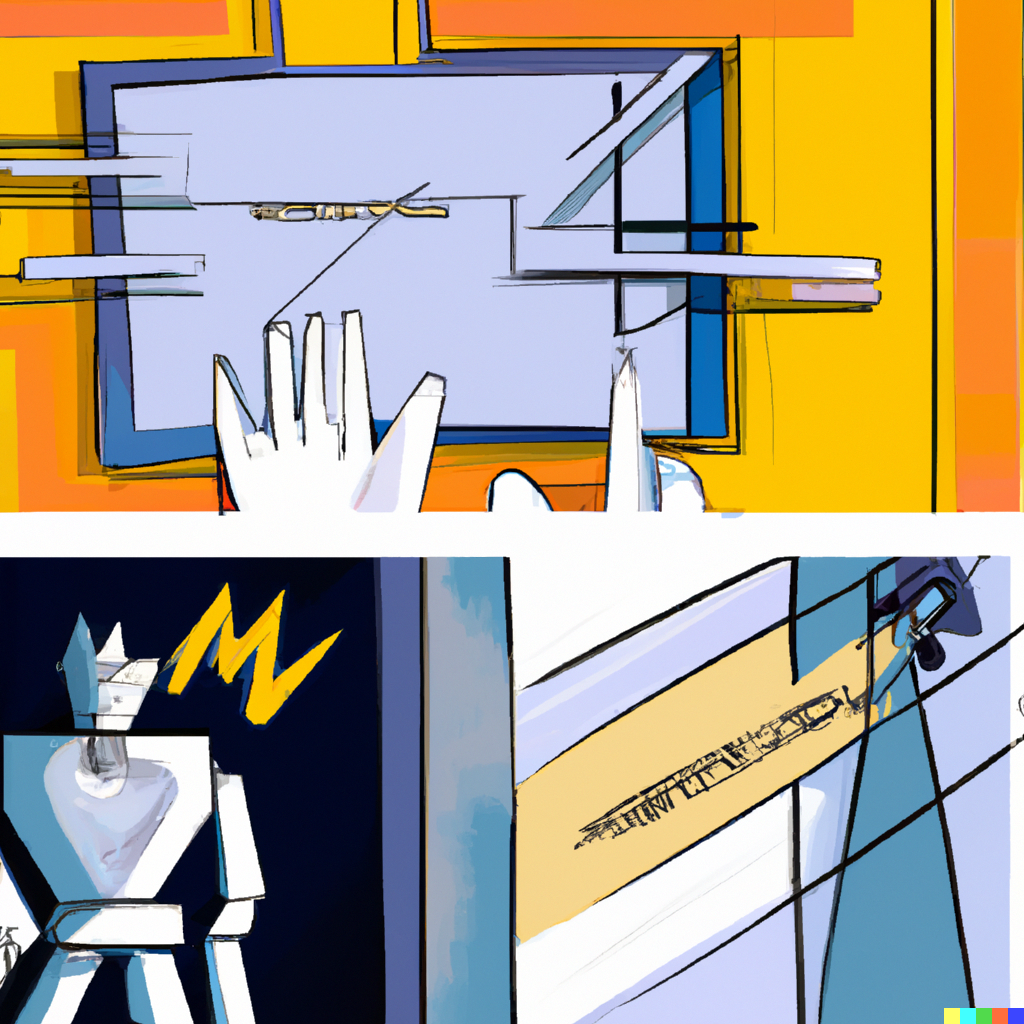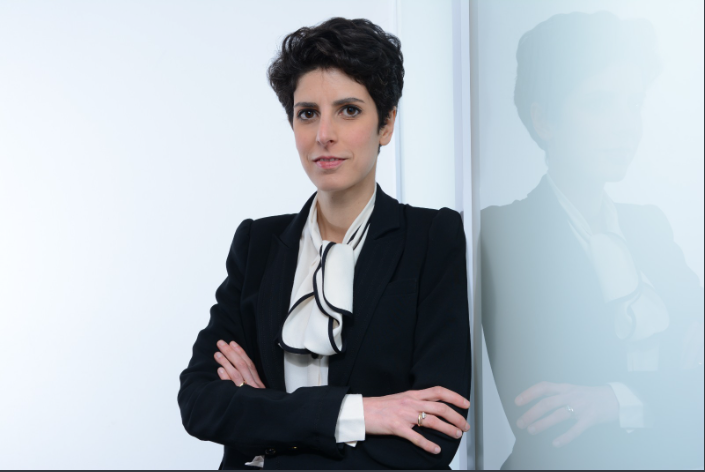

🔬 Research Summary by Caterina Moruzzi, Research Associate in Philosophy at the University of Konstanz, Germany.
[Original paper by Caterina Moruzzi]
Overview: The impact of the technological revolution of the last decades has a reach beyond information transmission, the automation of production lines, and data analysis and modeling. It also influences the way in which we use and understand terms such as “agency,” “creativity,” “authorship,” and “responsibility.” Should we safeguard the fundamental human aspects of these concepts or, rather, rethink and redefine them? This research paper aims to answer this question by examining the results of a study designed to test the interaction between the attribution of agency and creativity to human and artificial subjects.
Introduction
For quite some time, computers have supported and enhanced human creativity. Nonetheless, as software for content generation becomes more prevalent and widely adopted, the role of technology in creative processes is gaining greater prominence. This leads us to ponder whether we perceive artificial systems involved in artistic and scientific processes differently than humans. The results of the empirical study presented in this paper suggest that we do. Specifically, the study reveals that humans are attributed significantly higher levels of agency and creativity than artificial systems in both processes. Moreover, findings show a positive correlation between attributing agentive capabilities to human and artificial subjects and their perceived creativity and authorship in the processes they were engaged in. The most interesting result—particularly in the ongoing discussions surrounding the use of generative Artificial Intelligence (AI) models in creative processes—emerged from the responses to open-ended questions in the survey, where participants were asked to provide reasons for their assessments of agency and creativity. In addition to confirming a positive correlation between attributions of agency and creativity, a common theme emerges from their responses: reluctance to relinquish control to machines during creative processes. Instead of viewing artificial systems as partners in creation, the participants overwhelmingly refer to them as “tools.”
Key Insights
A Multidimensional Factorial Survey to Test the Interaction between Agency, Creativity, and Authorship
The notions of agency and creativity have attracted considerable attention in debates in philosophy, psychology, computer science, and social science, among other fields. This paper delves into the less explored interconnection between these two concepts. Reflections on the absence of control and the spontaneity of creative processes have a long history in discussions about creativity, especially in the arts. Challenging the Romantic notion that creativity stems solely from unbridled spontaneity, this paper starts with the hypothesis that attributions of agency and creativity are positively correlated; namely, the more a system is acknowledged as having agency, the more it is perceived as capable of creativity.
Rather than theoretically exploring this correlation, the research discussed in this paper takes an empirical approach to investigate the correlation between agency and creativity attributions. The study consisted of an online survey that employed quantitative and qualitative methods to gather factual insights regarding public perceptions of human and artificial subjects’ creative and agentive capabilities. The survey was conducted in July 2021 and had 161 respondents. The core part of the study involved a factorial survey experiment, where participants were presented with two short texts describing distinct scenarios: the painting of a picture and the discovery of a vaccine. For each scenario, participants were asked to express their evaluations with respect to three elements:
- Agency: How much they attributed agency to the artificial systems and human actors involved in the artistic and scientific processes described.
- Creativity: Their perception of the level of creativity demonstrated by both artificial systems and human actors during these processes.
- Authorship: To what extent they assigned authorship of the creative outputs to the artificial systems and human actors?
The adoption of a factorial survey methodology had the advantage of making it possible to test the impact that the levels of the dimensions involved in the scenario, e.g., whether the subject of the vignette was a human, an AI, or a team composed of both, had on the evaluation of the dependent variables—agency, creativity, and authorship—by analyzing the systematic differences in the respondents’ ratings.
Results
Agency and creativity: a positive correlation
The results obtained from the quantitative analysis of the factorial survey experiment supported the study’s initial hypothesis: the attribution of agency to subjects positively correlates to the level of creativity ascribed to the process they are engaged in. Furthermore, and not entirely unexpectedly, in both the artistic and scientific scenarios, artificial systems were consistently regarded as significantly less creative and less agentive than human subjects carrying out the same task.
If you want to be deemed an author, you have to be perceived as an agent
Agency, in some crucial sense, is key to the attribution of authorship: if one is deemed to be the agent of an act that leads to the creation of an idea, plan, work, or product, one is the author of that particular output. Thus, it is not surprising that the quantitative analysis also revealed a positive correlation between the attribution of agency and the respondents’ beliefs about the subject’s right to be considered the author of the creative output described in the vignettes, whether the subject was human or artificial. Disputes concerning the authorship and ownership of artifacts generated through AI models have become increasingly prevalent in the headlines in recent months. Yet, the study’s findings suggest that artificial systems still have a considerable distance to cover before they can be widely acknowledged as “authors.”
AI is a tool rather than a collaborator
The qualitative analysis of the study’s open-ended questions revealed a notable resistance among respondents regarding artificial systems as collaborators. Commenting on vignettes where human and artificial subjects were described as jointly engaging in the creative process, most participants characterized the artificial system as a mere “tool” employed by the human subject rather than a genuine collaborator. This finding aligns with the overall reluctance observed in attributing agency and creativity to artificial systems, as discussed earlier. It is important to note that this study and its analysis were conducted before the surge of interest in AI models for content generation. It is possible that the study would yield different results now that the natural language-based interface that allows users to interact with these models, as well as the anthropomorphic terminology widely used to refer to them, may misleadingly induce users to interact with them as if they were autonomous or even self-aware agents.
A Holistic View: Mixed-initiative Co-creativity
The paper concludes by urging a shift in perspective from viewing human and artificial subjects in creative processes as isolated entities to a more holistic approach that considers the dynamics between the network of actors, material elements, and contextual factors involved in these processes. The insights from the study described in the paper can contribute to understanding the key conditions that need to be satisfied for users to experience artificial systems as collaborators rather than non-agentive tools. This consideration is in line with mixed-initiative co-creativity studies. This field investigates the distribution of roles between humans and artificial systems that can maximize human creativity while preserving the creatives’ sense of agency, control, and ownership over the creative process and output.
Between the lines
Speaking of AI models as “agents,” “collaborators,” or “assistants,” along with the use of gendered pronouns when referring to them, has become increasingly common practice, especially after the widespread use of conversational AI models like ChatGPT. However, the careless adoption of this language, which might seem harmless at first, conceals latent harm to the role played by human creators, annotators, and engineers who are fundamental to developing these systems. The overly enthusiastic hype surrounding AI technologies in the last few months has revealed the seriousness of this thought, inducing me to soften the claim with which I closed the paper before the dawn of the generative revolution broke: rather than re-imagining terms such as “agency,” “creativity,” “authorship,” or “responsibility” there is a need for a deeper reflection on how their use impacts the relationship we humans have with AI.
